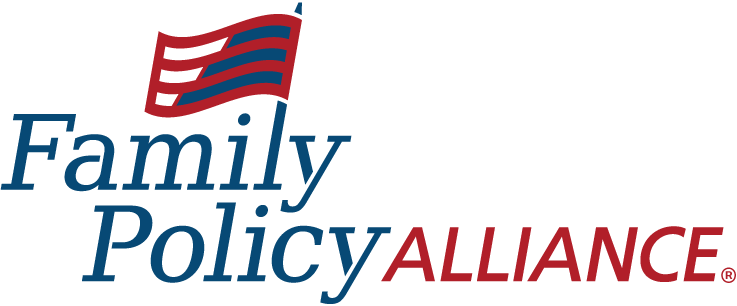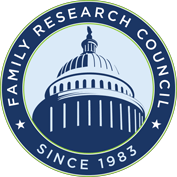The Washington Human Rights Commission recently passed a new rule making it illegal to keep a man out of the women’s restroom if he “identifies” or “expresses” as a woman.
One of the most frequent questions people have in response is, “what kind of an impact this will have on churches and religious organizations?”
The new rule, and the non-discrimination law as a whole, applies to public accommodations. Generally, public accommodations are business establishments that operate for a secular purpose and are commonly for-profit.
Washington’s law prohibiting discrimination specifically exempts religious organizations.
This simply acknowledges the fact that it is unconstitutional for the government to control how religious organizations operate. That is the purpose of the “separation of church and state”—to keep the state out of the church.
As a result, most churches will fall under the definition of a religious organization and be exempted from the non-discrimination law, including the outrageous new overreach by the Human Rights Commission.
That being said, there is no bright line that distinguishes a “public accommodation” from a “religious organization”. If someone were to accuse your church of “discrimination” based on sexual orientation or gender identity, and your church were to assert that it is exempt from those rules because it is a religious organization, the court would do an analysis that would look very carefully at your churches purpose, presentation, and practice.
When evaluating your church’s purpose, they would look at your documents, including your articles of incorporation, mission statement, bylaws, etc. to see if they are consistent with that of a religious organizations.
Then they would evaluate how your church presents itself to the outside world. Is there an attempt to hide the religious nature of the church or ministry? Or does everyone who looks at the building, literature, and facility easily recognize that this is a religious organization?
Finally, they would look at your practice to determine if the actual activities of the church are consistent with what you say about yourself.
If your purpose, practice, and general presentation are all consistent with that of a religious organization, a court would likely conclude that you are exempt from this mandate.
A greater concern is for religiously affiliated ministries like camps, daycares, and Christian schools. Practically, they have more of a tendency to begin behaving like public accommodations than churches.
In one case, a Christian school was found to be a public accommodation because, in part, they ceased giving actual religious instruction and had been more involved in moral and ethical instruction.
But this is what the law currently is. As we have seen, the law is changing quickly and arbitrarily in this area. There is every reason to believe the militant left will use every opportunity to impose a narrow and exceedingly intolerant understanding of tolerance and equality on all of us if they are allowed to.
That is why pastors and churches should not just seek to protect themselves from litigation but also encouraging people who respect religious freedom to become part of the policy-making process as informed citizens, voters, and candidates.
By neglecting to do so, we get laws that allow men into the women’s room.
For additional help to ensure that your church is as protected as possible from rules like this, we encourage you to use this Protect Your Ministry manual from our friends at the Alliance Defending Freedom.
We also encourage you to share your thoughts about this issue with Governor Inslee at 360-902-4111 and call your legislators through the Legislative Hotline at 1-800-562-6000.
You can also email the governor here and email your legislators here.
Remember, silence is consent.
Thank you for doing your part.







